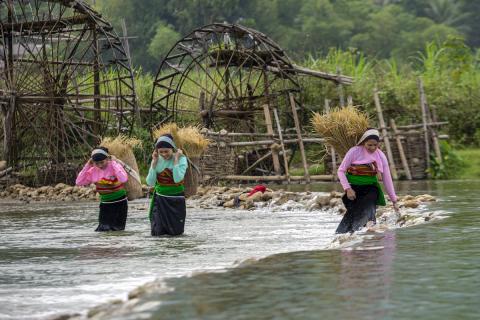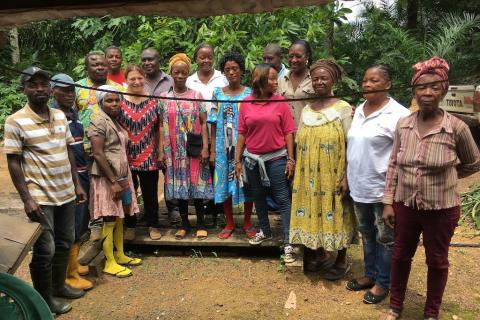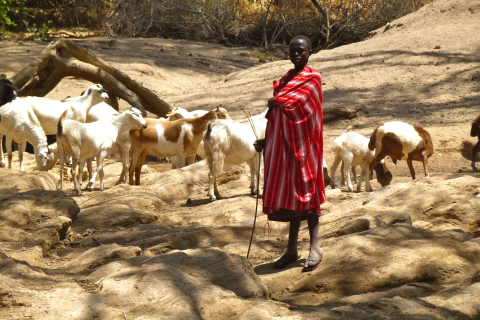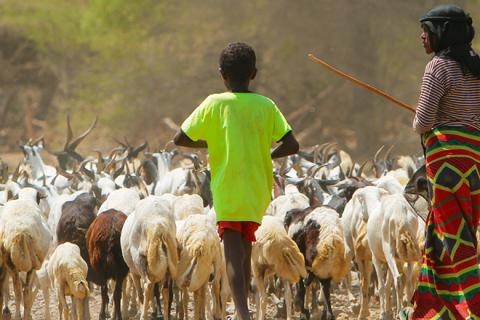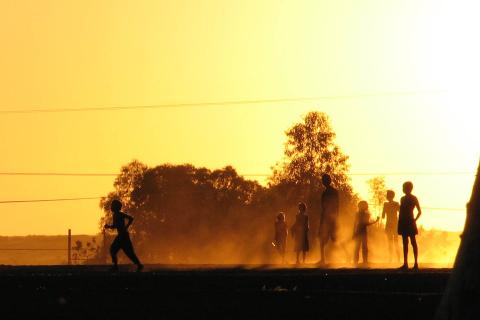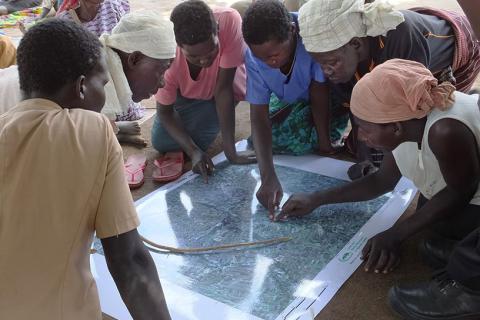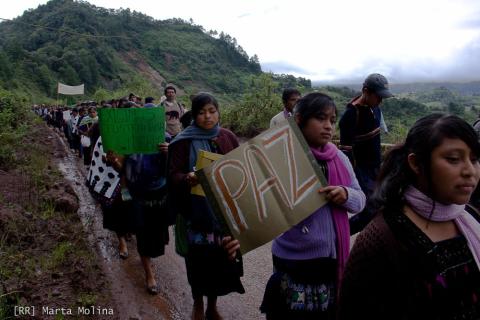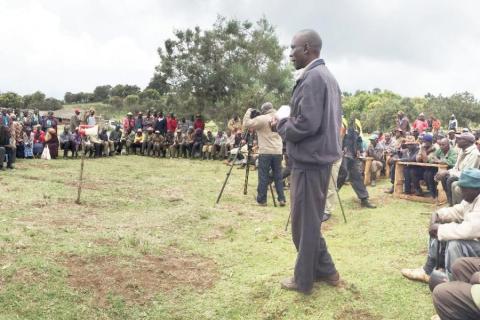Customary and Collective Forest Tenure in the Mekong Region
The first session of the 3rd Mekong Regional Land Forum looked to clarify an understanding of customary land tenure systems, and bring a focus upon communities living in and around forestland areas of the Mekong region. The session observed some of the policy developments that could lead to greater recognition of customary tenure and land security for community members.

